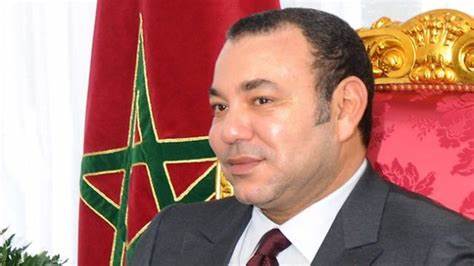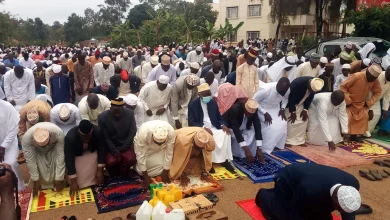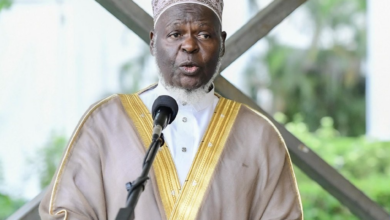Muslim Leaders should Establish Collective Fatwa Institution – King Mohammed VI

His Majesty King Mohammed VI of Morocco has called upon Muslim leaders worldwide to create collective institutions led by knowledgeable scholars to issue Islamic rulings, known as Fatwas, to address emerging challenges in society.
The King emphasized the importance of such platforms in addressing various aspects of social and cultural life and applying appropriate legal rulings. In Morocco, King Mohammed VI has already established the Higher Ulema Council as an institutional framework for issuing Fatwas within the Kingdom. While the Council handles inquiries related to Islamic matters, individual religious scholars guide the public on issues beyond the scope of Fatwas.
During a colloquium on Fatwa rules in the African context held in Morocco, the King’s statement, read by Minister of Endowments and Islamic Affairs Mr. Ahmed Toufiq, emphasized the need for African countries to adopt a similar approach. “This is, perhaps, the approach that African countries should adopt, namely to entrust the issuing of fatwas on public affairs to a collective institution made up of moderate, trustworthy religious scholars committed to the immutable values and madhab of their country,” said the King in a statement read by the Minister of Endowments and Islamic Affairs, Mr. Ahmed Toufiq.
The King expressed concern over perverted extremists who exploit the sanctity of Fatwas by presenting their own views as religious rulings. He urged religious scholars to counterbalance these negative influences and promote moderation and balance, neutralizing the sway of ignorant extremists over innocent minds.
“Exert a positive influence on people by highlighting the virtues of moderation and balance, on the one hand, and, on the other, by neutralizing any negative sway ignorant extremists may have on innocent minds,” read the statement.
Highlighting the authority and responsibility of religious leaders as the most reliable sources of God’s message and commandments, the King emphasized the importance of utilizing knowledge derived from the guidance and example of Prophet Muhammad, peace and blessings be upon Him.
Furthermore, King Mohammed VI encouraged African muftis to expand their knowledge and engage in consultation, especially on matters of jurisprudence in everyday life. He suggested seeking assistance from experts beyond the field of Sharia science to enhance the effectiveness of addressing Fatwa-related issues. The King also stressed the need for involving women religious scholars in all aspects of the Fatwa rules, stating that women are considered equal to men in terms of religious rulings.
“Consistent with this conviction in matters of faith, a number of female religious scholars in Morocco provide guidance to men and women regarding religious affairs. And for the same objective, female religious leaders play a prominent role in providing guidance through the media,” said the King who also says that research findings should be electronically recorded and disseminated to benefit more people.
The colloquium organized by the Muhammad VI Foundation of African Ulema brought together over 350 male and female scholars from 72 countries, including 50 from the African continent. The foundation, founded eight years ago by King Mohammed VI, aims to coordinate the efforts of Muslim religious scholars from Morocco and other African countries, promote the tolerant values of Islam, and undertake initiatives that support moderation and Ijtihad in the reform processes necessary for development in Africa.
Moroccan religious scholars have long been regarded as a model for reconciling everyday life with religion. Through the concept of “customary practice,” they have incorporated people’s cultural practices into the Maliki school of thought, ensuring alignment with religious principles while safeguarding worldly interests and psychological well-being.






